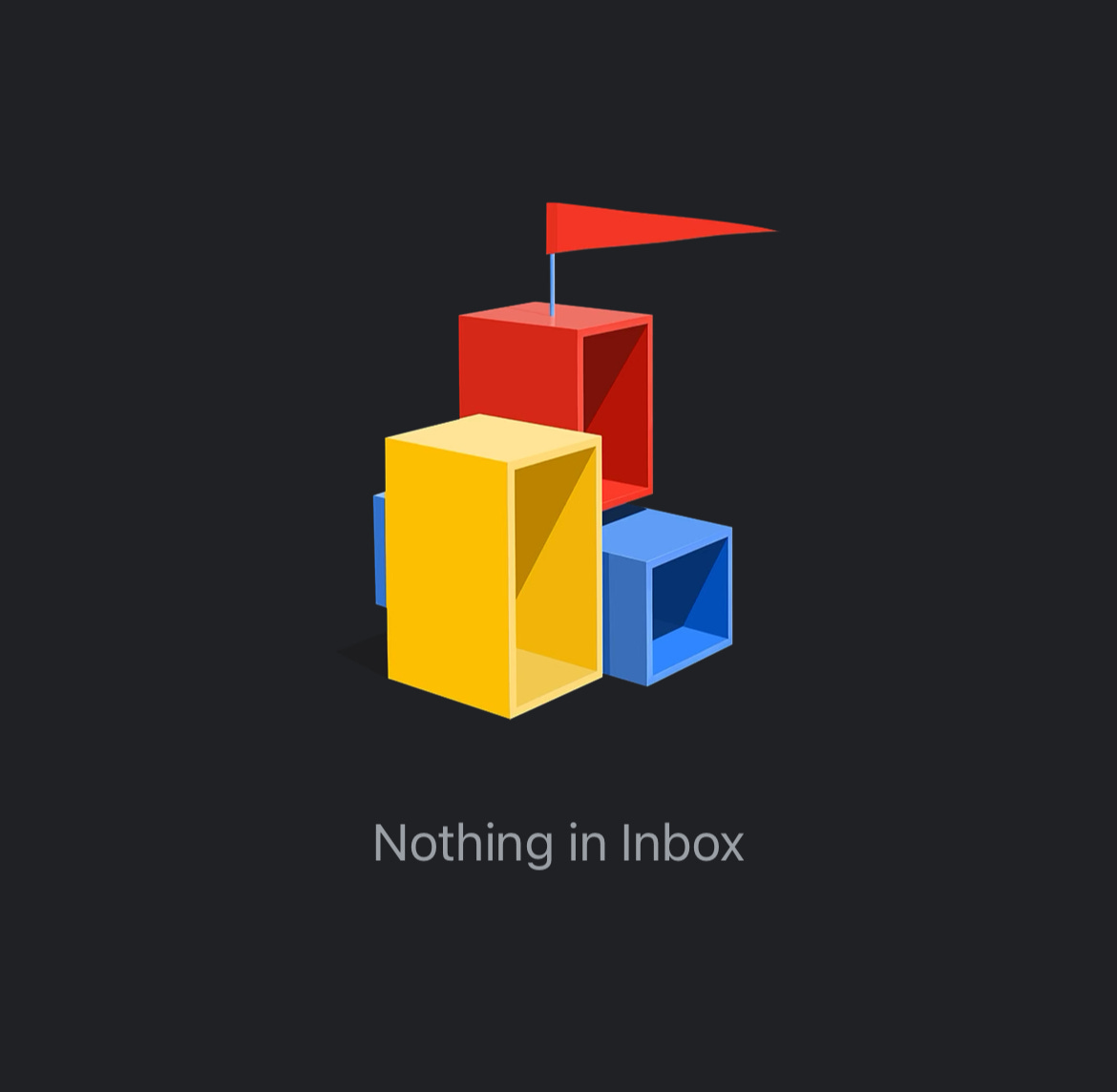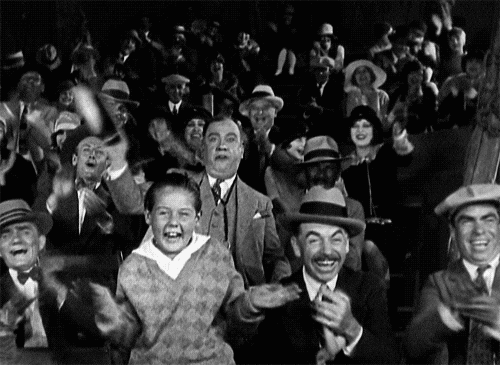screaming into the void
Untangling from tech and finding genuine spaces in a contaminated internet
For the last few weeks, I’ve been quite obsessed with untangling myself from technology as much as possible - knowing full well, it is technically impossible. But I don’t want to be tied to apps that disappear one day without explanation, forcing me to find the next best alternative. I don’t want to panic thinking that my photos and videos will become inaccessible if I run out of cloud storage. And I don’t want that spike of anxiety when I’m searching for an important email and can’t find it anywhere.
There's something strange about trying to control what's designed to control you.
The problem isn’t that tech is good or bad, but as we all know, it is designed to create dependency. The notifications, the constant updates, the obsolescence, algorithms. Everything is designed so you can’t stop. And I, someone who gets sucked into videos reviewing good dogs, know this intimately.
But I miss genuine spaces online. Places to share without caring about likes. Anywhere you look nowadays feels contaminated, and all I want is to see what others are reading or listening to or cooking without caring about how much engagement they have. I want to read blogs from people who have interesting things to say, not content perfectly planned for algorithms. I want to accidentally come across people sharing weird hobbies, not influencers trying to sell me vitamin supplements or protein shakes.
Is there a way to use technology - and by extension, social media - consciously, with control, in a way that adds value?
Or are we destined to be carried along by algorithms and verified accounts?
In my case, I’ve started making physical photo albums. I want to look to my shelf and know that the trip to Japan will always be there. It won’t depend on whether Google Photos changes its terms or Instagram goes bye-bye. It’s mine, physically mine.
I’ve also started to clear my inbox to zero every day. I don’t want the anxiety that 13,000 emails* causes on me each morning. Bye-bye useless subscriptions. Bye-bye random notifications. I just want a few newsletters and emails written by people.
[*All those 13,000 emails, you ask? Labelled as “To Review One Day”. And archived.]
A few more things I’m doing. Organising folders. Deleting all the "document1_final_definitive_thisone.pdf." files, renaming all the “temp” folders. I don’t want to waste my time looking for a file. Now, when I look for something, I find it. What a revolutionary concept.
Uninstalling apps. Sorry Headspace, you beautiful creature. I’m sorry, VSCO. I don’t edit photos. Shopping apps. Gone. News apps. Bye.
Same with unfollowing people. I don't need to see what everyone thinks about everything. I don’t need to see their trips, and I don’t need to know what’s happening with strangers or influencers.
And if I want to know, I’ll look them up. But I don’t need to see them every single day on my timeline.
And hey. You can unfollow me too. Won’t take it personally.
Now, I just want things that make me a bit happier. That don’t make me feel like I’m wasting my time. And I know, I’m still part of the circle. I know, I’m not being revolutionary, which would be to just delete everything. But if we are aware of that, maybe, just maybe, we can consume content differently.
And this is where digital gardens come in.
This week, I saw a video by Alba Lafarga (soz, it’s in Spanish) that perfectly explained what I've been trying to name for ages. There are still small corners of the internet, little gardens that people have spent time curating. Spaces of calm and quiet.
For me, they're the trusted Substacks with favourite lists, the TikToks with 1k views explaining how to draw faces, the travel blogs that still survive away from sponsored content. Removed from algorithms, shouting into the void and creating for their own consumption. People who write because they want to write, who make videos because they enjoy sharing what they know, who post photos because they want to preserve moments.
These digital gardens are like finding a small, hidden square in a chaotic city.
The concept of digital garden goes a step further. Decentralized spaces, that don’t go through the one-size-fit-all filter of socials. A space someone has tended with love, without pretension, without hurry. Where you can sit for a while and breathe without anyone trying to sell you something or asking you to hit like.
And I think: is this balance? Is this conscious technology, or just another trick of the system to keep creating content and consuming? Probably the second, but it depends a lot on the person. Or that's what I want to believe.
Because in the end, maybe the difference isn't in the platform but in the intention. Whether you're creating from pressure or from curiosity. Whether you're consuming from boredom or from genuine interest.
Whether you participate in these spaces like someone strolling through a garden or like someone going to a mall.
If it's about having awareness, about knowing where I am and why I'm there, maybe this is where I want to be. In these small, curated gardens, far from the noise and closer to things that make me feel like the internet can also be a liveable place.
Maybe, the simple concept I’m discovering is that the internet & social media, in the end, are just a tool.
And like all tools, you can use it to build or to destroy. You can use it to connect with what interests you or to get lost in the noise. The difference is whether you decide how to use it, instead of letting it decide how to use you.
I don't know if a completely healthy relationship with technology is possible. Probably not. And I’m fully aware of the contradictions and still being part of the problem. But at least I can try to make the relationship more conscious, more intentional. So that when I open my phone, it's because I want to do something specific, not because I feel lonely or bored or anxious.
In the end, possibly conscious technology is just recovering the ability to choose. To say no. To create spaces, even small ones, where things work the way you want them to work. And to find the gardens that others have planted with the same care with which you select your photos for the physical album.








